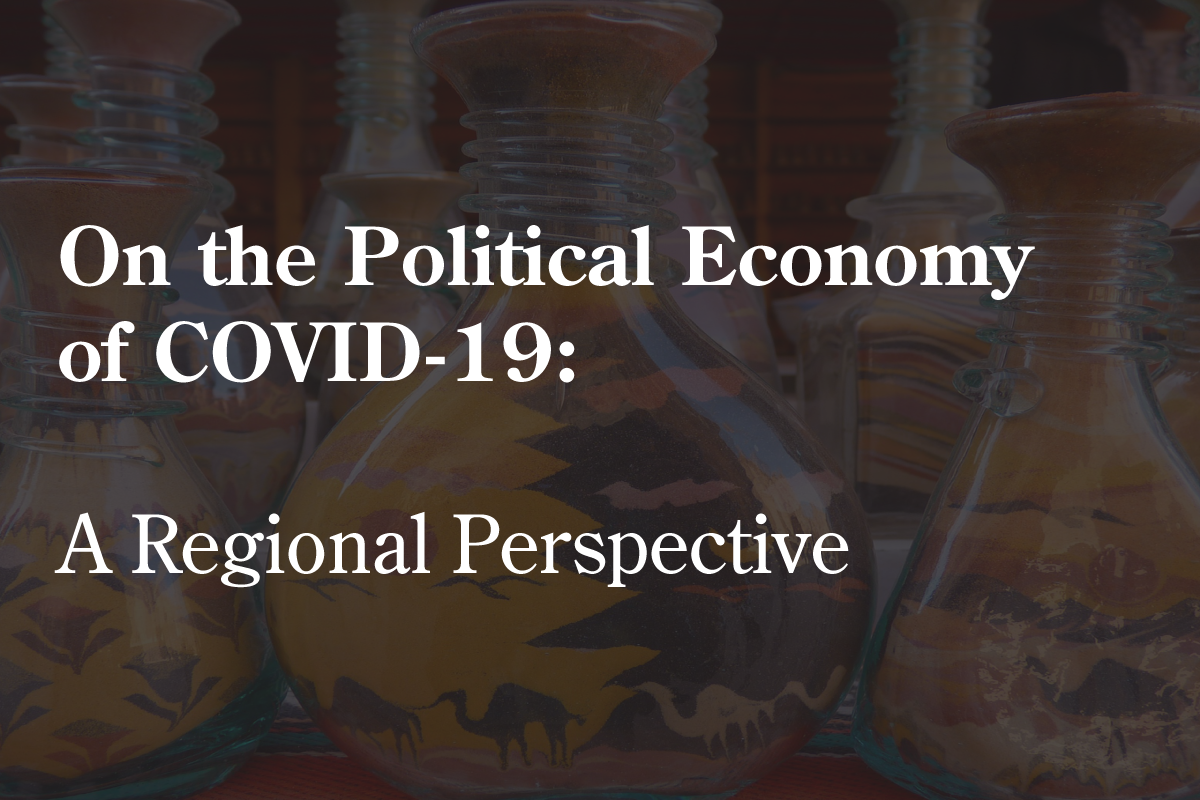The Middle East and North Africa (MENA) region, as the rest of the world, is facing human, economic and social crises. A decade of political instability, violence and austerity had left critical public institutions insufficiently prepared and underfunded to deal with this perfect storm. While the countries of the region are all exposed to this storm, they are not in the same boat. Their initial conditions, preparedness to shocks and readiness to adapt, change and rebuild are different. Within countries their has also been increasing inequality, and in many cases countries suffered from significant increase in extreme poverty. Despite some efforts there are alarming indicators of drifting from the path towards achieving the sustainable development goals (SDGs) Comprehensive socioeconomic actions are needed to meet the requirements of response and recovery within as well as across countries. While there has been a great deal of discrepancies in crisis response, the recovery may take different paths and widen the existent gaps and deepen the divergence in the region. Building back better and creating resilience includes addressing the inequality which have made some societies more vulnerable than others. The comprehensive nature and magnitude of the crisis requires very different approach of policy design including the political economy of responses to the crisis and plans for recovery.
Mahmoud Mohieldin and Ishac Diwan on the Political Economy of COVID 19




